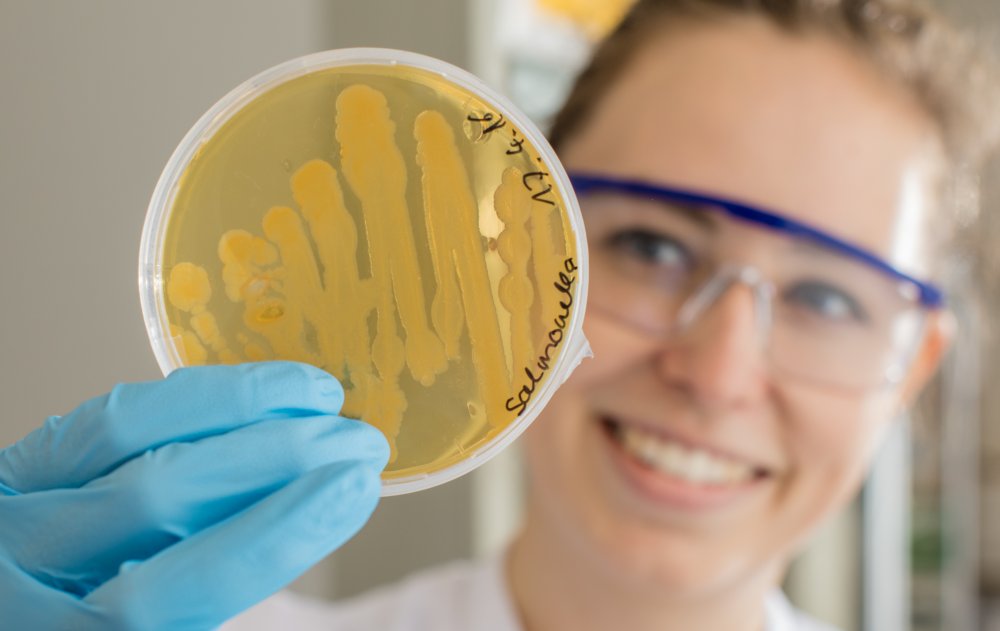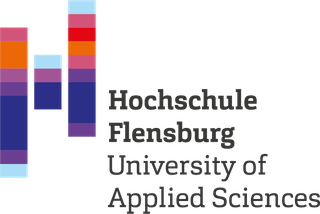Täglich ab 9 Uhr: Die Hochschule Flensburg lädt diese Woche zur virtuellen Winterschule.

Egal ob für die Ernährung, für Kosmetik oder für medizinische Anwendungen - die Natur bietet eine unüberschaubare Menge an Substanzen, die auch für uns Menschen nutzbar sind. Das größte, noch weitgehend unerforschte, Reservoir an natürlichen Wirkstoffen ist das Meer. Daher ist es für alle Wissenschaftler*innen, die sich mit Biotechnologie beschäftigen, ein spannendes Arbeitsfeld. Die Fachhochschule Nordwestschweiz und die Hochschule Flensburg bieten eine virtuelle Winterschule zur marinen Biotechnologie am Beispiel mariner mikrobieller Wirkstoffe an. In einer Woche zeigen sie den langen Weg vom mariner Habitat zum biotechnologischen Wirkstoff: Die Methoden startend von der Probenahme von Mikroorganismen aus dem Meer bis zum Nachweis biologischer Aktivitäten werden besprochen und untersucht. Als Beispiel dienen Bakterien, die antibiotische Substanzen produzieren. In Seminaren wird der Weg bis zu einem biotechnologischen Produkt, zum Beispiel für die Pharmazeutik oder die Kosmetik, auch theoretisch beleuchtet. Zwei Gastvorträge reichern das Programm an – Stephen Wrigley zeigt den Weg der Firma HyphaDiscovery zur Weiterentwicklung von mikrobiellen Substanzen, die Arbeitsgruppe von Vera Meyer (TU Berlin) zeigt den Weg zur technologischen Realisierung solcher Naturstoffe. Die Winterschule wird vom ZAiT an der HS Flensburg unterstützt.
Das Format findet via Webex and moodle. Anmeldung ist notwendig: antje.labes@hs-flensburg.de. Die Winterschule beginnt täglich um 9:00 Uhr.
Whether for nutrition, cosmetics or medical applications - nature offers a huge amount of substances that can also be used by us humans. The largest, still largely unexplored, reservoir of natural active ingredients is the sea. Therefore, it is an exciting field of work for all scientists who deal with biotechnology. The University of Applied Sciences Northwestern Switzerland and the University of Flensburg Applied Sciences offer a virtual winter school on marine biotechnology on the topic. In one week they will show the long way from a marine habitat to a biotechnological active ingredient: The methods starting with the sampling of microorganisms from the sea up to the detection of biological activities are discussed and examined. Bacteria that produce antibiotic substances serve as an example. The way to a biotechnological product, for example for pharmaceuticals or cosmetics, will also be examined theoretically. Two guest lectures enrich the program - Stephen Wrigley shows the way of the company HyphaDiscovery for the further development of microbial substances, the working group of Vera Meyer (TU Berlin) shows the way to the technological realization of such natural substances. The winterschool is supported by ZAiT at FUAS.
The format will be Webex and moodle. Please register: antje.labes@hs-flensburg.de, the guest lectures will be open to the public. Daily start will be 9:00 am.
Monday
Welcome
Lecture: Introduction in marine biotechnology and methods of biotechnology of marine natural product
Marine Sciences: Virtual visit to Helmholtz Centre for Ocean Research Kiel GEOMAR
Status meeting
Tuesday
Lecture: The oceans as habitat
Virtual cinema
Wednesday
Methods of marine biotechnology: marine microbiology, phylogenetics and diversity
Methods of marine biotechnology: extraction of marine microbial natural products
Virtual experiment on algae associated bacterium
15:00 Guest lecture Stephen Wrigley (Hypha discovery approach)
(2 pm UK time)
Status meeting
Thursday
Methods of marine biotechnology: Natural product chemistry
Methods of marine biotechnology: Biological activities
Lecture: Success stories
Status meeting
Friday
Lecture: Microbial Interaction
Guest lecture: NN, TU Berlin
(Upscaling of fungal secondary metabolites)
Final session
